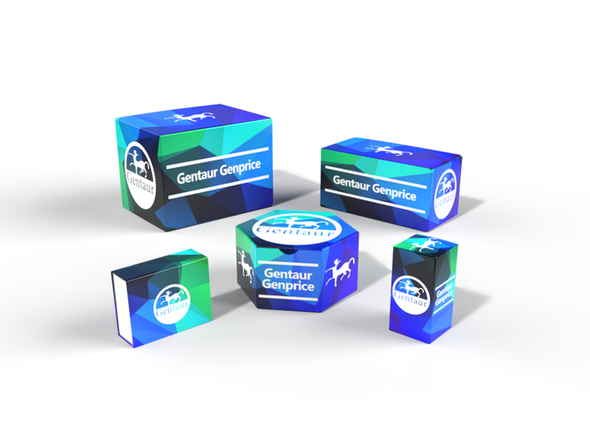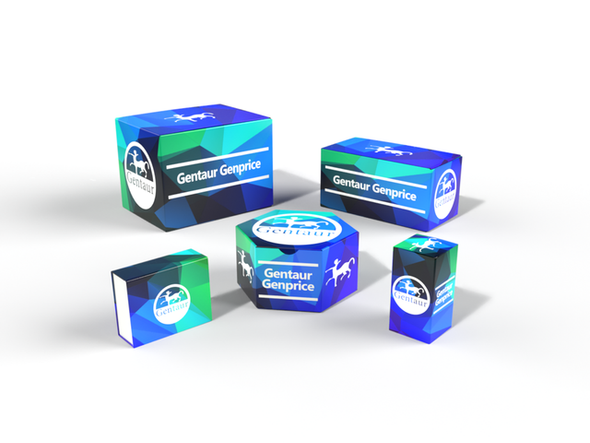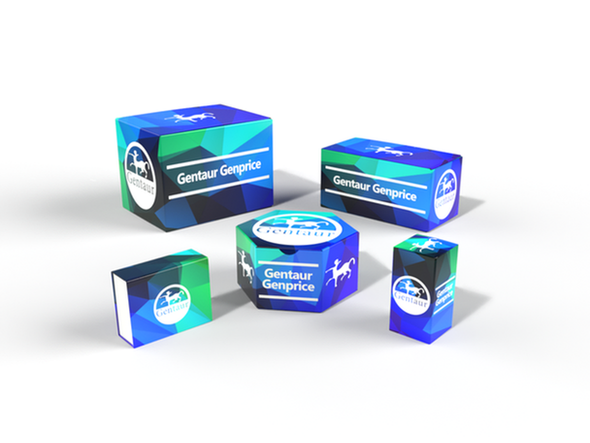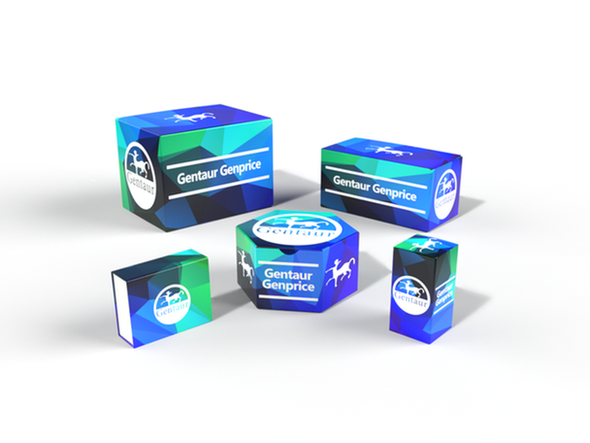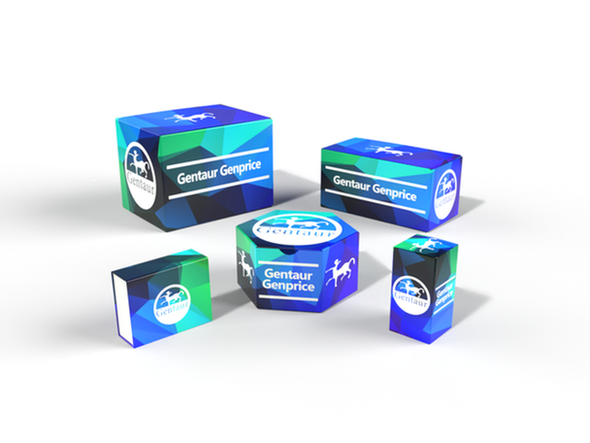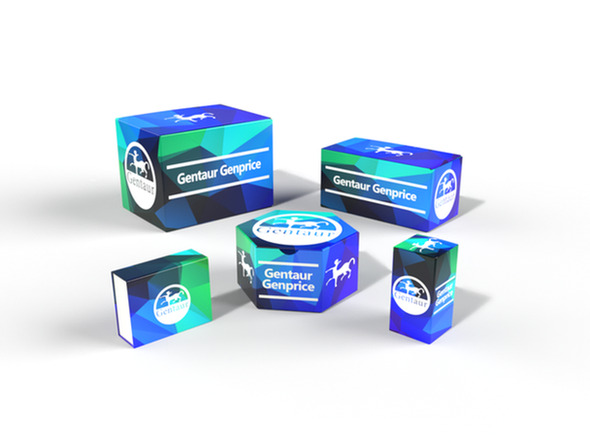451 Recombinant Proteins and Cell culture
IAA | indole-3-acetic acid (N1) (for immunolocalization) | AS09 421
- SKU:
- 451-AS09 421
- Availability:
- Usually ships in 5 working days
Description
IAA | indole-3-acetic acid (N1) (for immunolocalization) | AS09 421 | Gentaur UK, US & Europe Distribution
Immunogen: BSA-conjugated, via N1 group of indole, indole-3-acetic acid (N1)
Host: Rabbit
Conjugation: N/A
Clonality: Polyclonal
Isotype: N/A
Purity: Total IgG. Protein G purified in PBS.
Format: Liquid
Tested Application: Immunolocalization (IL)
Related Products: AS06 193| anti-IAA, rabbit antibodiesAS09 420 | anti-indole-3-acetic acid (C1') for ELISASecondary antibodies
Recommended Dilutions: Specific information about dilution is going to be included on the vial
Molecular weight: N/A
Confirmed Reactivity: indole-3-acetic acid (N1) tested so far in: Eucalyptus globulus, Juncus prismatocarpus subsp. leschenaultii Kirschner (J. prismatocarpus), Juncus wallichianus Laharpe (J. wallichianus), Pinus radiata, Vitis vinifera
Predicted Reactivity: Indole-3-acetic acid (N1)
Not reactive in: No confirmed exceptions from predicted reactivity are currently known
Additional Information: Antibody can be used for direct detection of free IAA (see reference below) Antibody is provided in 50% glycerol. For larger quantity (1 mg) - please inquire.Steedman's wax embedding technique is recommended to be used with this antibody. The most critical issue is to keep the temperature below 37°C during the whole embedding procedure. More information can be found in Vitha et al. (2000) .
Background: Indole 3 acetic acid (IAA) is the principal auxin in higher plants. This hormone is produced in in cells in the apex and young leaves of a plant. Plant cells synthesize IAA from tryptophan. Different effects caused by auxines include: induction of cell elongation and cell division and have a subsequent results for plant growth and development.
Reconstitution: N/A
Storage: Freeze upon arrival and store at -20°C; make aliquots to avoid repeated freeze-thaw cycles. Please remember to spin the tubes briefly prior to opening them to avoid any losses that might occur from material adhering to the cap or sides of the tube.
TAIR Nnumbre: N/A
Category: Auxins
Research Area: Plant Biology


